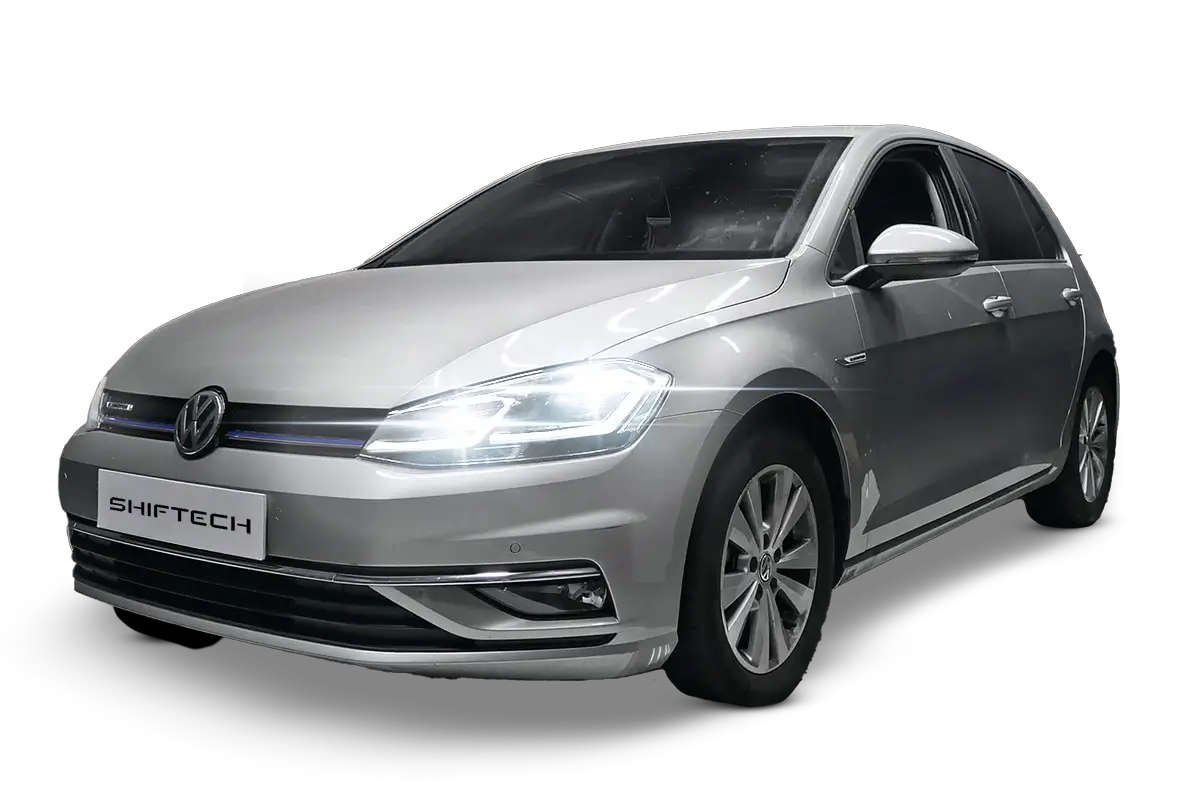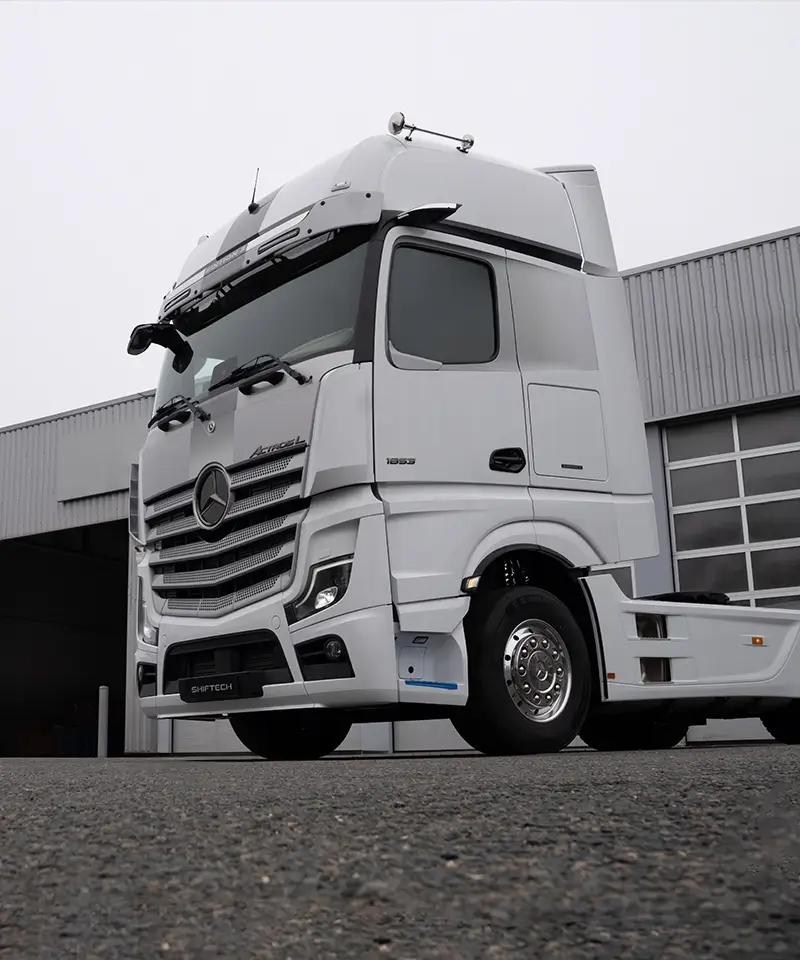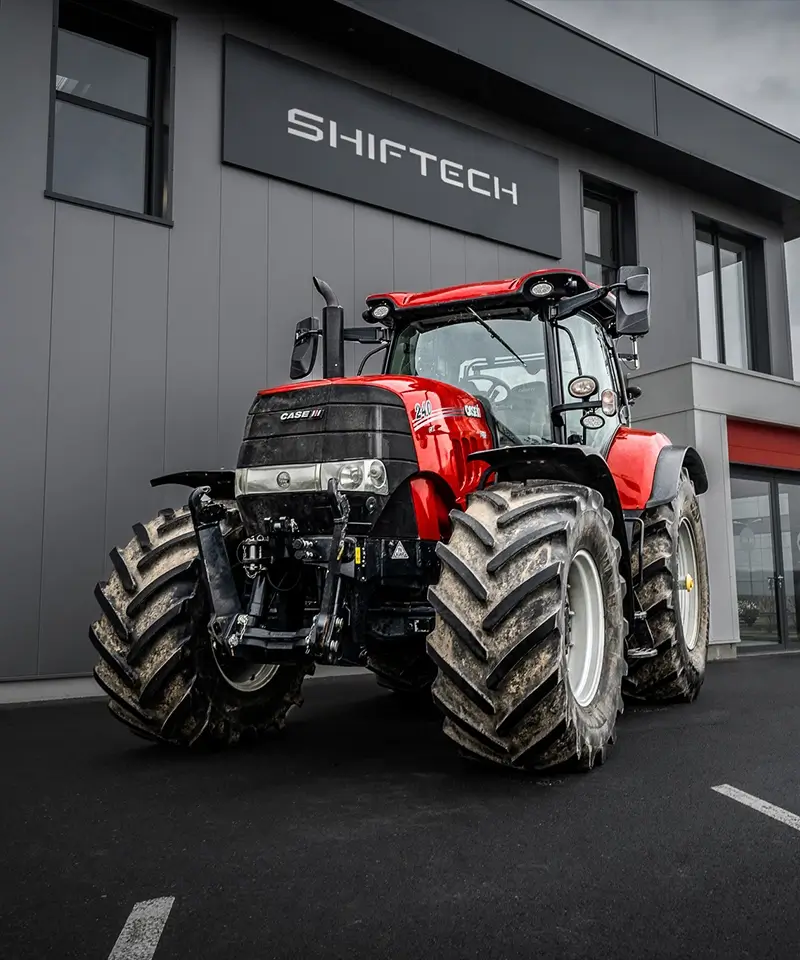
Volvo
Chip tuning for volvo c70 2006 petrol
{
"isReprogPage": true,
"isRootReprogPage": false,
"isFinalReprogPage": false,
"complete": false,
"configuratorInit": true,
"currentDrawer": "engines",
"isMounted": true,
"needInitialFetch": true,
"initCount": 3,
"uAgent": "Mozilla/5.0 (X11; Linux x86_64) AppleWebKit/537.36 (KHTML, like Gecko) HeadlessChrome/99.0.4844.84 Safari/537.36 Prerender (+https://github.com/prerender/prerender)"
}
UnanimConfig
{
"appName": "Shiftech",
"appHost": "https://www.shiftech.eu",
"cmsUrl": "https://www.shiftech.eu/endpoints",
"isPrerender": true,
"meilisearchApiKey": "bb92f427b9716dbf34ec2f1ed94c9e24db8a14734cd905b99422c0cd50b200b3",
"meilisearchEnv": "shif23ecom_prod_",
"googleMapsApiKey": "AIzaSyDaV0pTyhZFvy7jchS-SL0mZcHJ8bpBtSI"
}
Route params:
{
"type": "car",
"brand": "volvo",
"model": "c70",
"version": "2006",
"fuel": "petrol"
}
Configurator value:
{
"id": 3185,
"brand": {
"id": 249,
"name": "Volvo",
"slug": "volvo",
"showInMenu": false,
"image_light": "https://www.shiftech.eu/storage/media/volvo-light-logo.png",
"image_dark": "https://www.shiftech.eu/storage/media/volvo-dark-logo.png",
"description": null
},
"model": {
"id": 2183,
"name": "C70",
"slug": "c70",
"image": "https://www.shiftech.eu/storage/media/77159059ab54a490286bf547f37f3952.png"
},
"version": {
"id": 3185,
"name": "2006",
"slug": "2006",
"year": 2006,
"image": null
},
"type": "car",
"engine": null
}
initialFetchResults:
{
"filters": "version.slug = 2006 AND model.slug = c70 AND brand.slug = volvo",
"result": {
"hits": [
{
"id": 3185,
"brand": {
"id": 249,
"name": "Volvo",
"slug": "volvo",
"showInMenu": false,
"image_light": "https://www.shiftech.eu/storage/media/volvo-light-logo.png",
"image_dark": "https://www.shiftech.eu/storage/media/volvo-dark-logo.png",
"description": null
},
"model": {
"id": 2183,
"name": "C70",
"slug": "c70",
"image": "https://www.shiftech.eu/storage/media/77159059ab54a490286bf547f37f3952.png"
},
"version": {
"id": 3185,
"name": "2006",
"slug": "2006",
"year": 2006,
"image": null
},
"type": "car",
"engine": null
}
],
"query": "",
"processingTimeMs": 0,
"hitsPerPage": 1000,
"page": 1,
"totalPages": 1,
"totalHits": 1
},
"index": {
"param": "version",
"indexName": "versions"
},
"params": [
"type",
"brand",
"model",
"version",
"fuel"
]
}
Optimise performance
Shiftech Chiptuning
Chiptuning (also known as "remap", "engine remapping" or "engine management") is a technique that makes it possible to improve performance, reduce fuel consumption and increase the driving pleasure of different types of vehicle.
Whether it's a car, a motorbike, a heavy goods vehicle, a tractor, a boat, a quad or even a jet-ski, this method offers significant advantages. We present the principles of reprogramming, the benefits and its applications.
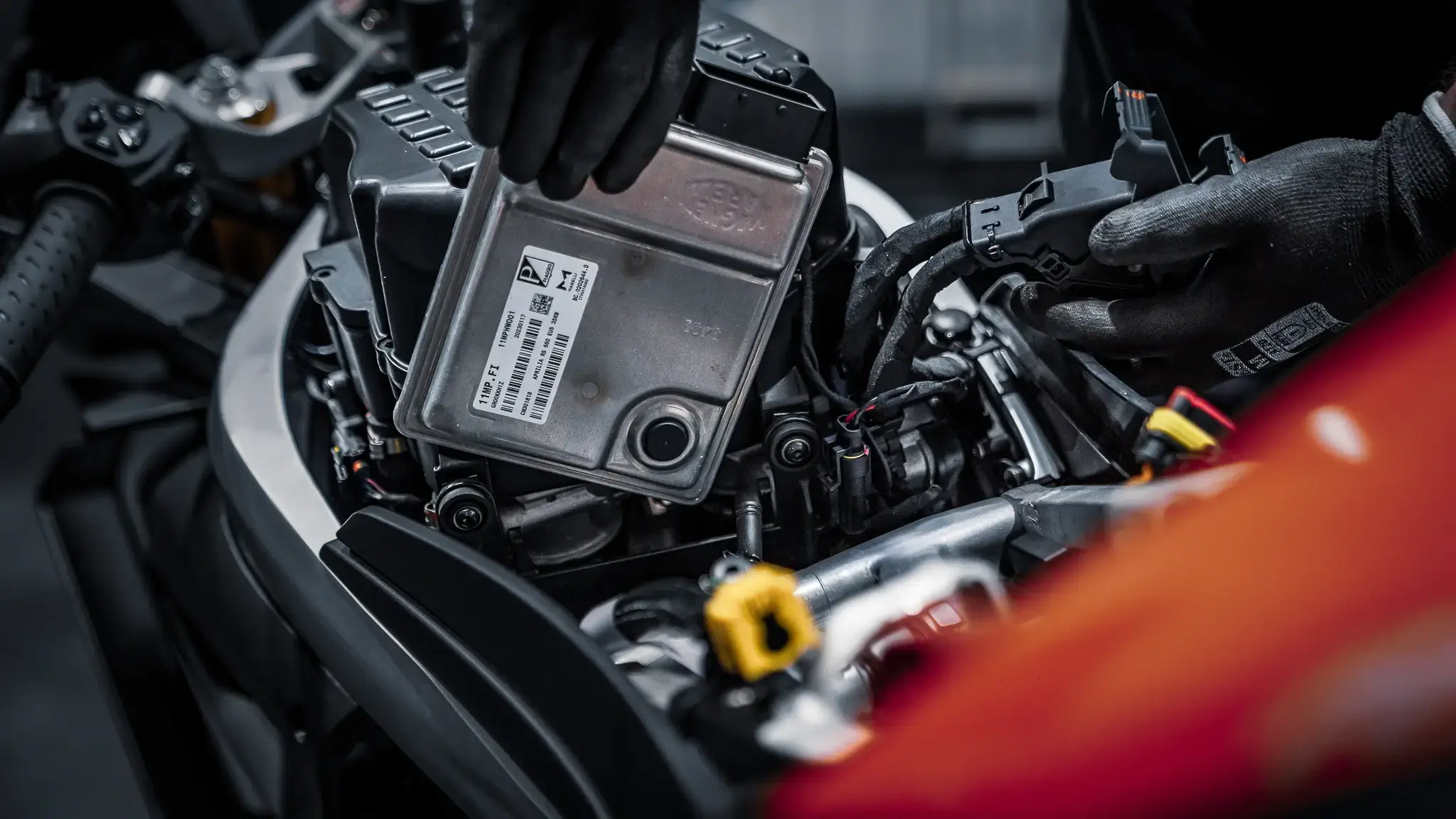
Engine control unit
What is engine reprogramming?
Reprog consists of modifying the engine's electronic management software, known as the ECU (Engine Control Unit), to improve performance and efficiency. Unlike an add-on box, which modifies very few parameters, we precisely adjust some sixty parameters such as injection, ignition, turbo pressure and many others to get the best out of the engine.
In most cases, manufacturers configure engines in a standard way to meet environmental standards and the constraints of different markets. However, these settings are not always optimal and can be improved thanks to our expertise.
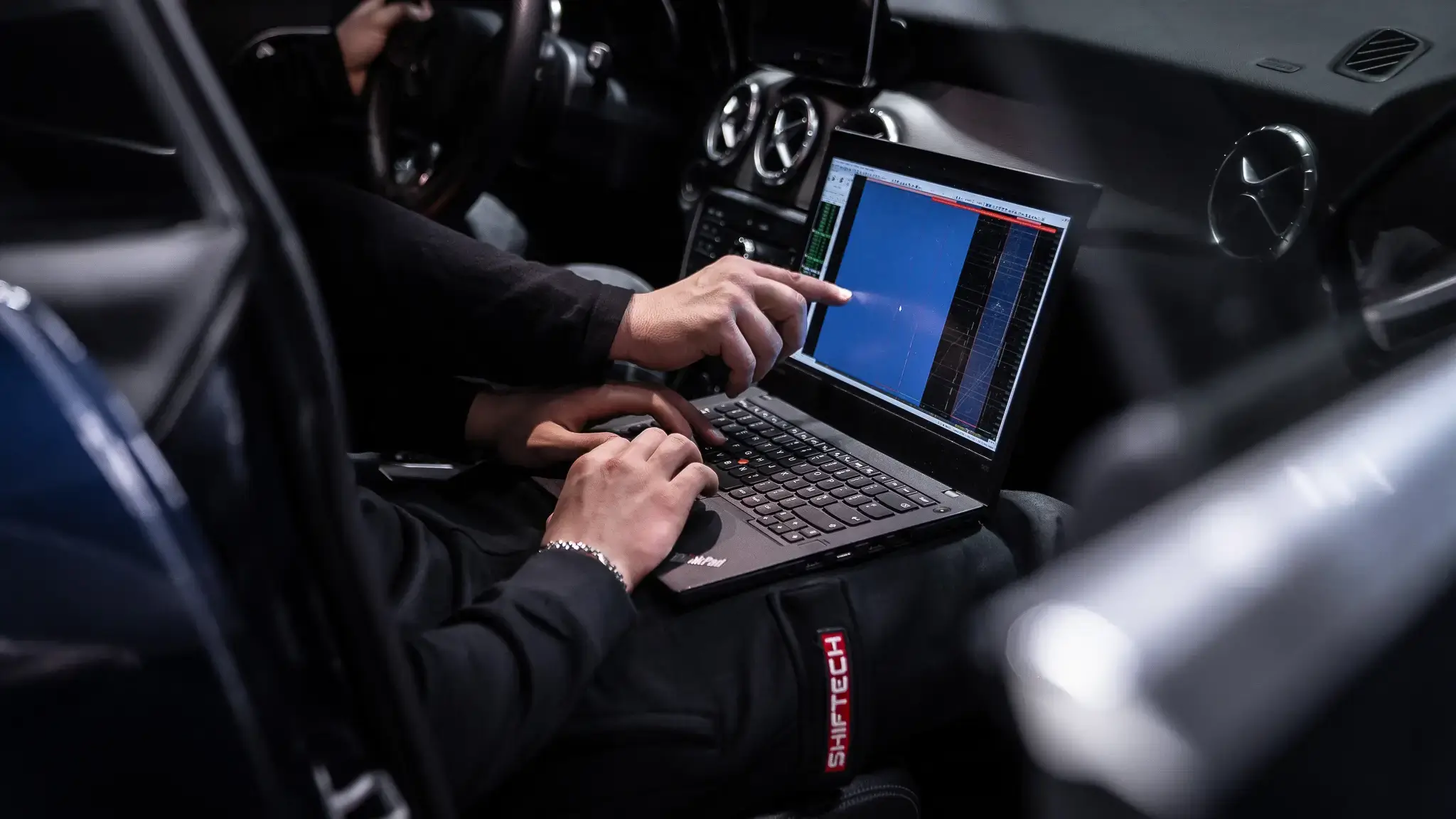
Benefits
What are the advantages of engine reprogramming?
 Improving performance
Improving performance
 PRESERVED RELIABILITY
PRESERVED RELIABILITY
 ENHANCED PLEASURE
ENHANCED PLEASURE
 Fuel economy
Fuel economy
 Respect for the environment
Respect for the environment
 Adapting to specific needs
Adapting to specific needs
Steps
The different stages of engine reprogramming
01Diagnostics
of the vehicle
02Original measurement on
power bench
03Reprogramming
of the computer
04Tests after
reprogramming
1. Vehicle diagnosis :
Reprogramming can only be carried out on a healthy vehicle. Before any work is carried out, an electronic diagnosis is carried out to ensure that there are no faults.
2. Original measurement on power bench:
The vehicle is tested on a power bench to check that the engine is in good health and developing its original power.
3. Engine reprogramming:
The original parameters of the engine ECU are optimally modified by our engine engineers.
4. Tests after reprogramming :
After reprogramming, the vehicle is tested again on the power bench to ensure the performance gain and correct operation of the mapping. A road test is also carried out.
What are the benefits of an engine tuning?
On average, chiptuning increases power and torque by about 30%. For instance, on a 2017 Volkswagen Golf VII Mk2 1.5 TSI 130, Stage 1 enhances performance by adjusting the engine control unit parameters. This results in increased power and improved responsiveness, while staying within the manufacturer's safety margins. Fuel consumption can also be optimized with appropriate driving habits.
| OEM | Stage 1 | |
| Power | 130 Hp | 175 Hp |
| Torque | 200 Nm | 300 Nm |
